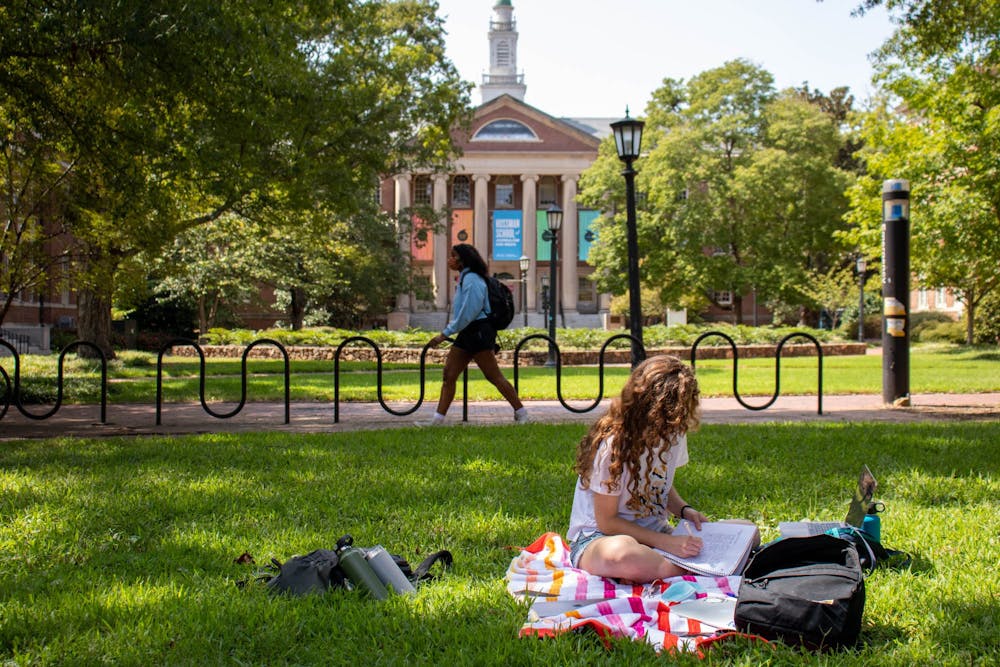With the omicron variant causing global infection surges, COVID-19 has resurfaced as a major hurdle for higher education as students prepare to return for the spring semester.
The upcoming semester will serve as a litmus test for the long term effectiveness of UNC’s pandemic policies as new variants pose threats to the health and safety of the community.
The transmission of the omicron variant is a prime concern — the level of growth of the variant was similar to what was observed in the early days of the pandemic. This suggests that the variant could infect three to six times as many people as delta could over the same period.
Immunity research suggests that COVID-19 vaccines are effective in preventing severe forms of COVID-19 — but the variant will still cause a surge in cases, breakthrough infections and reinfections.
It is up to the University to avoid an uncontrolled outbreak and a forced return to off-campus living and learning, as we saw in the spring of 2020.
UNC's Faculty Executive Committee has called a special meeting Thursday to discuss plans for the spring semester in light of pandemic developments. In a Nov. 30 interview with The Daily Tar Heel, Chancellor Kevin Guskiewicz said the University would continue assessing the new variant and would provide an update when it was available.
Several universities have already made adjustments to their procedures and plans in response to the new variant.
For example, Harvard and Stanford University both plan on going online for the first few weeks of the spring semester. Other universities, such as Princeton, Cornell and Middlebury, moved their final exams online. In an unprecedented move, Cornell essentially shut down their entire campus after over 880 students tested positive for COVID-19.
Omicron is a very real issue — and one that UNC must be proactive and take actions against before students step foot on campus. Preventative measures taken by university administration now can keep outbreaks from arising on campus in January, and potentially save lives of students, faculty and the community.




